A fistula is an abnormal connection between organs or vessels that are not typically linked, often occurring in areas like the intestines, bladder, or anus. These can cause discomfort, pain, and health complications if left untreated.
Fistulas may arise from infections, inflammatory bowel diseases, trauma, or surgical complications, leading to symptoms such as drainage, pain, and swelling.
This guide provides an overview of fistulas, including their causes, symptoms, prevention, and treatment options. For effective treatment in Hosur, consult Dr. Senthil, who specializes in managing this condition with personalized care.
If you or someone you know is dealing with a fistula, reach out to Dr. Senthil for expert guidance to help manage the condition and improve overall health.
A fistula is an abnormal connection that forms between two different body parts, often resulting from an injury, surgical procedure, infection, or inflammation. These connections can disrupt the normal flow of bodily fluids or waste, leading to a variety of health complications. Fistulas can cause pain, discomfort, and other serious health issues, depending on their location and severity. They can also lead to recurrent infections and may require surgical intervention for resolution. Fistulas are categorized based on their location, including:
Timely diagnosis and treatment are essential to prevent complications associated with fistulas. A multidisciplinary approach involving surgeons, gastroenterologists, and other specialists may be necessary to ensure optimal outcomes for patients.
Fistulas can occur in various forms, often based on their location and the organs involved. Understanding the type of fistula is crucial for determining the appropriate treatment approach.
Anal Fistula: This is an abnormal connection between the inside of the anal canal and the skin near the anus. It often results from an infection in the anal glands that forms an abscess. Symptoms may include pain, swelling, and discharge near the anus, as well as recurring infections. Treatment usually involves surgical intervention to remove the fistula and prevent further complications.
Rectovaginal Fistula: This type of fistula forms between the rectum and the vagina, allowing fecal matter or gas to pass through the vaginal opening. It can occur as a result of childbirth trauma, surgical complications, or infections. Symptoms may include recurrent urinary tract infections, foul-smelling discharge, and discomfort. Treatment often involves surgical repair to close the fistula and restore normal function.
The symptoms of a fistula can vary significantly based on its type, location, and underlying causes. Common manifestations include:
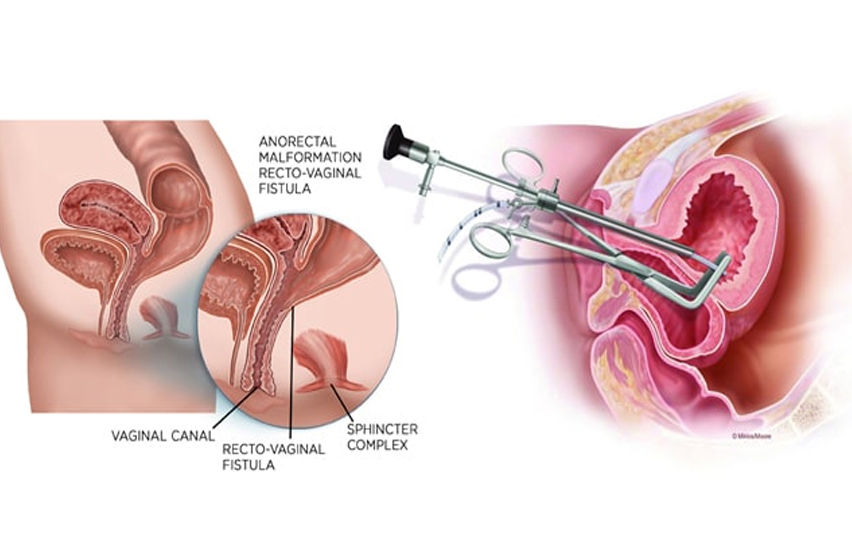
Understanding the underlying causes of this disorder is essential for developing effective treatment and management strategies.
Preventing fistulas primarily involves addressing the underlying causes and associated risk factors. The following strategies can help in prevention:
Laser treatment for fistulas is a minimally invasive procedure designed to address certain types of fistulas, particularly those that are superficial or have a straightforward tract. During the procedure, a small laser fiber is carefully inserted into the fistula tract under the guidance of imaging techniques such as MRI or ultrasound.
The laser emits energy that heats and destroys the tissues lining the fistula tract, facilitating closure and promoting healing. This treatment option offers several advantages, including reduced pain and faster recovery times compared to traditional surgical methods. However, it is important to note that not all fistulas are candidates for laser treatment; the suitability of this approach depends on various factors, including the location, complexity, and underlying cause of the fistula.
Before the procedure, consult with your healthcare provider to discuss the treatment options, benefits, and potential risks associated with fistula surgery.
Your doctor will conduct a physical examination and may order imaging tests (such as an MRI or ultrasound) to assess the extent and location of the fistula.
Your healthcare provider will likely instruct you to fast for several hours before the procedure to reduce the risk of complications during anesthesia.
Inform your healthcare provider about all medications you are currently taking, including over-the-counter medications and supplements. Follow their instructions on which medications to continue or discontinue before the procedure.
Stay hydrated before the procedure, unless otherwise instructed by your healthcare provider.
Your doctor will provide specific instructions on what to expect during and after the procedure, including potential complications and recovery expectations.
After the procedure, you will likely need to rest for a few days. The recovery time can vary based on the complexity of the surgery and your overall health.
Keep the surgical area clean and dry. Follow your doctor’s instructions for changing dressings and caring for the wound.
You may experience some pain or discomfort after the surgery. Your doctor will prescribe pain medication to help manage any discomfort.
Maintain a healthy diet to support your recovery. Your doctor may suggest high-fiber foods to prevent constipation, which can be a concern after surgery.
Avoid strenuous activities and heavy lifting for a few weeks following the procedure to promote healing.
Attend all follow-up appointments with your healthcare provider to monitor your recovery and address any concerns.
Contact your doctor immediately if you experience excessive bleeding, signs of infection (such as fever or increased pain), or any other concerning symptoms.
Dr.Senthil. is a specialist in providing comprehensive care and advanced treatment options for laser fistula treatment in Hosur. He understands that a fistula can pose significant medical challenges, and his approach includes personalized consultations to thoroughly evaluate your condition and offer expert guidance on the most appropriate treatment plan.
Dr.Senthil.'s commitment to patient care ensures optimal treatment outcomes, prioritizing your comfort and enhancing your overall quality of life. By leveraging his expertise, you can take proactive steps towards effectively managing your fistula condition.
Contact Dr. Senthil. today to schedule a consultation and begin your journey toward improved health and well-being.
Fistulas are serious medical conditions that require prompt and effective treatment to prevent complications. Understanding the causes, symptoms, and available treatment options is essential for effective management. Maintaining good hygiene, managing chronic diseases, and adopting a healthy lifestyle can significantly reduce the risk of developing this disorder.
In the event that a fistula develops, timely medical intervention is crucial. Treatment options may include medications or surgical procedures, depending on the severity and type of the condition. Staying informed and proactive about your health can lead to improved outcomes. If you suspect that you have a fistula, it is imperative to consult a healthcare professional for an accurate diagnosis and appropriate treatment.
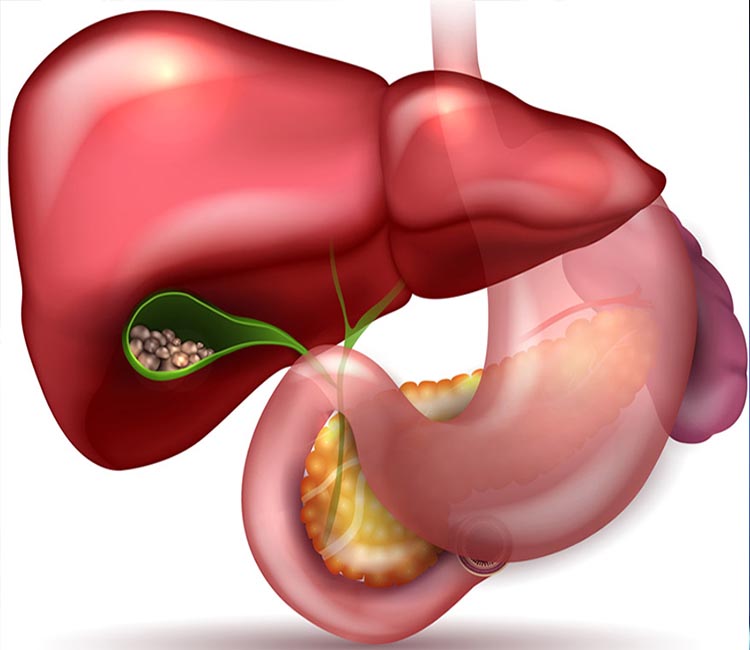
We offer advanced minimally invasive surgery for gallbladder stones, providing effective treatment to alleviate pain and prevent complications, ensuring a quick recovery and long-term relief.
Read more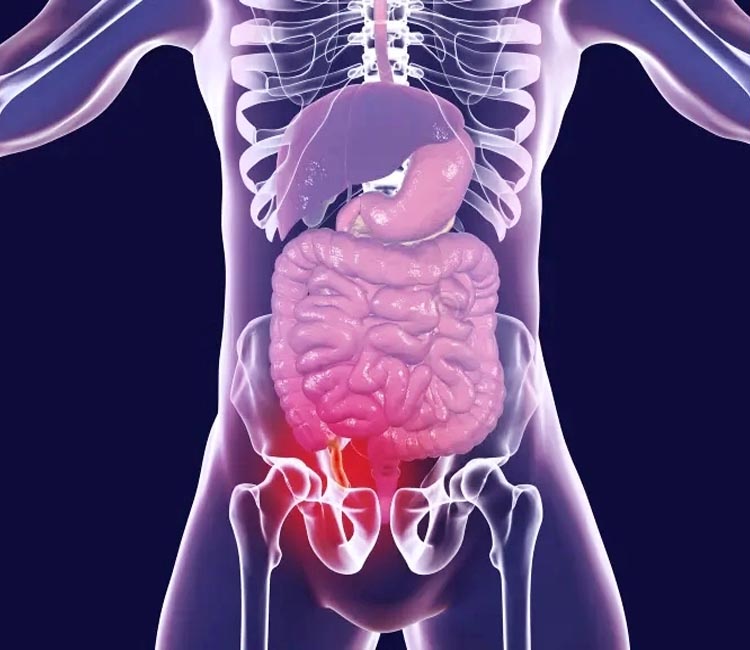
Our expert surgeons provide prompt and effective appendectomy solutions, offering advanced care to treat appendicitis, minimize risks, and ensure a fast return to normal activities.
Read more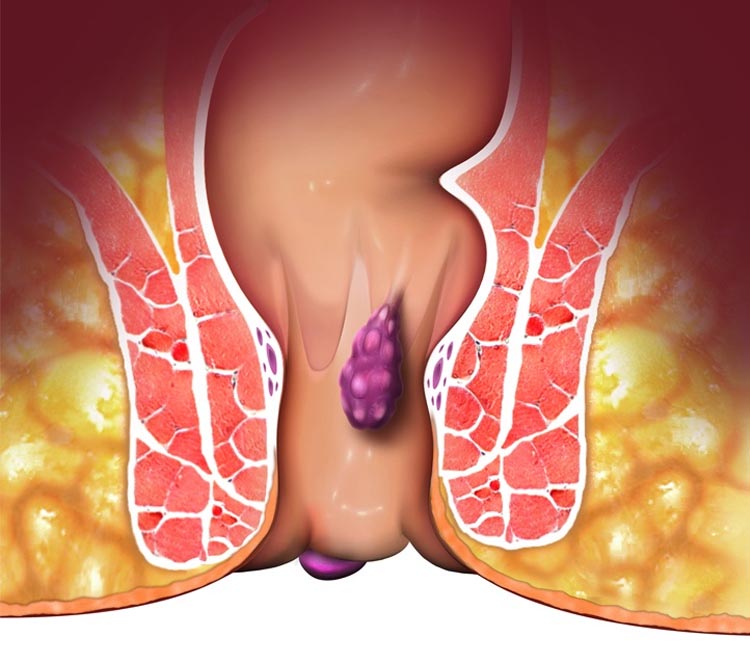
We specialize in advanced hemorrhoid treatments, using the latest surgical techniques for effective relief from discomfort, pain, and bleeding, ensuring a faster recovery with minimal downtime.
Read more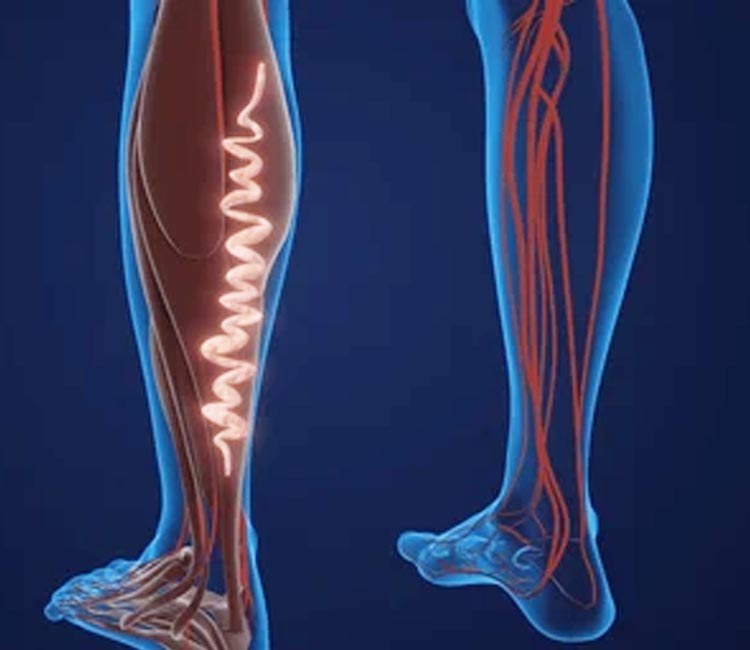
We offer cutting-edge treatments for varicose veins, using advanced surgical techniques to alleviate pain, enhance circulation, and restore the natural look and function of your legs.
Read more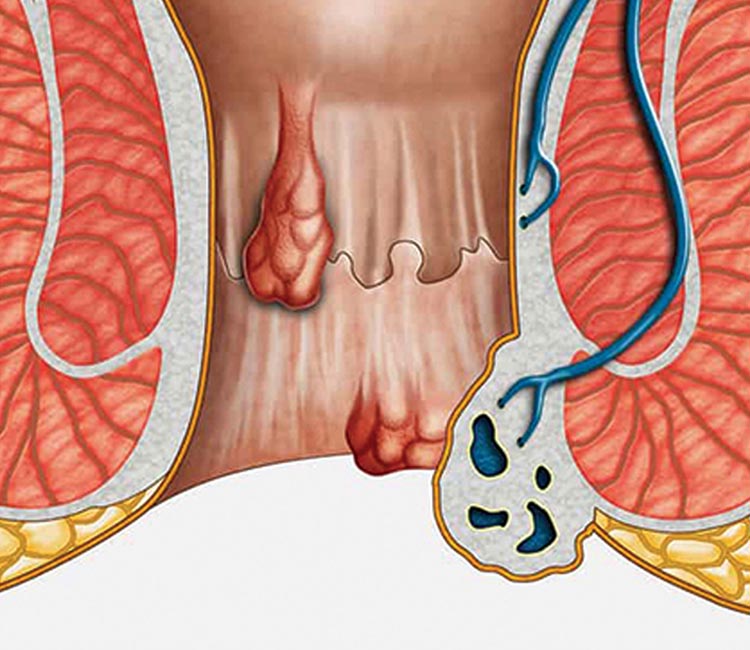
Our surgical care for pilonidal sinus focuses on minimally invasive procedures, ensuring precise treatment, rapid recovery, and a reduced risk of recurrence for optimal patient outcomes.
Read moreCopyright © 2024 Laparosurgeon All Rights Reserved. Powered by Spellinfo Technologies